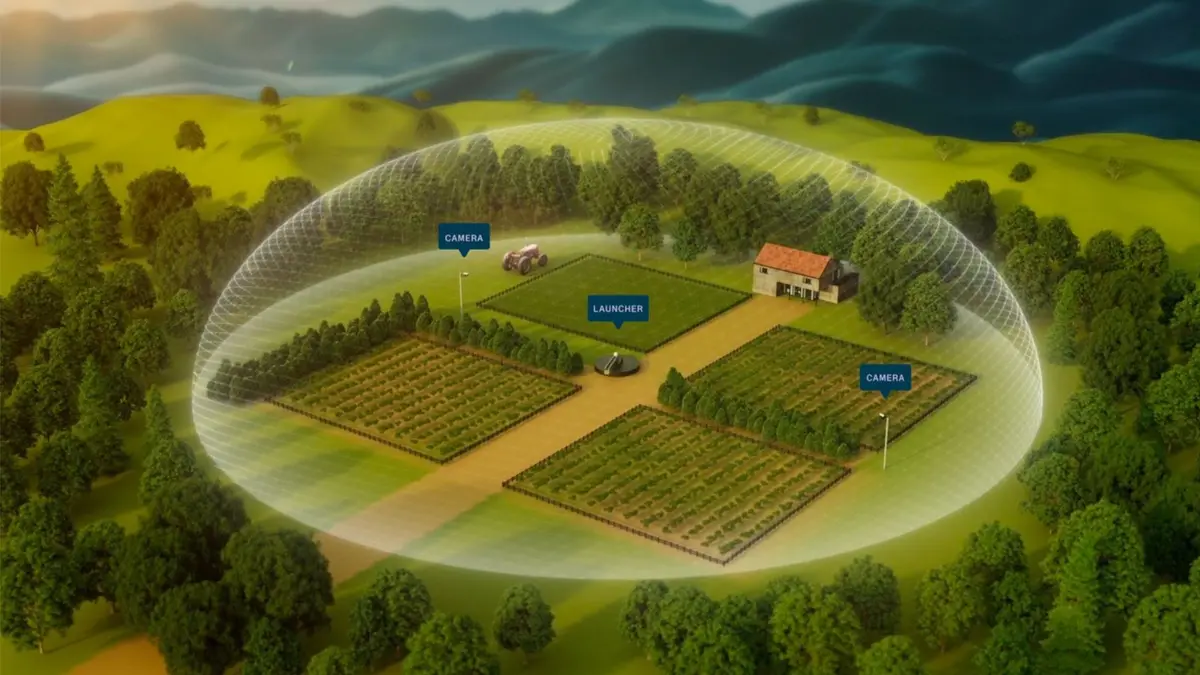 Innovative Tech
Innovative TechThis year, as the costliest wildfire in U.S. history continues to reshape life in Southern California, a beacon of hope has emerged from an unexpected ally: Israeli fire prevention experts. These innovators are bringing cutting-edge technology and a spirit of collaboration to help L.A. not just recover, but rebuild stronger, smarter, and more resilient. From sound-based fire detection to water-saving systems and fire-retardant capsules, their solutions are sparking optimism in a city weary of smoke and ash.
 Innovative Tech
Innovative TechIn a world increasingly defined by digital interactions, the way we establish, manage, and protect our identities online is undergoing a deep transformation. Enter Humanity Protocol, a blockchain-based decentralized identity solution that promises to redefine trust, privacy, and collaboration in the digital realm
 Innovative Tech
Innovative TechIn a groundbreaking progress in the fight against one of the world’s deadliest diseases, the first-ever lung cancer vaccine, known as BNT116, has entered clinical trials across seven countries. This milestone, announced in August 2024, marks a pivotal moment in cancer research, offering hope to millions affected by lung cancer, a disease responsible for approximately 1.8 million deaths annually.
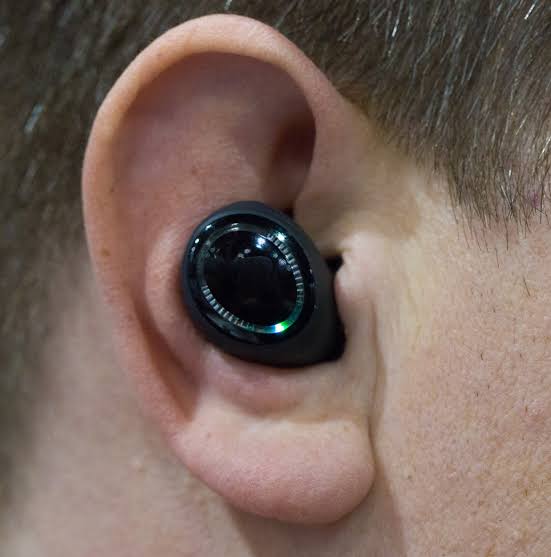 Innovative Tech
Innovative TechTechnology is taking great strides yearly, to make like easy for man. In a world where technology links us across borders, one Ghanaian-British entrepreneur has reshaped how we communicate. Danny Manu, a visionary engineer and founder of Mymanu, created Click, the world’s first truly wireless earbuds capable of live voice translation in over 40 languages.
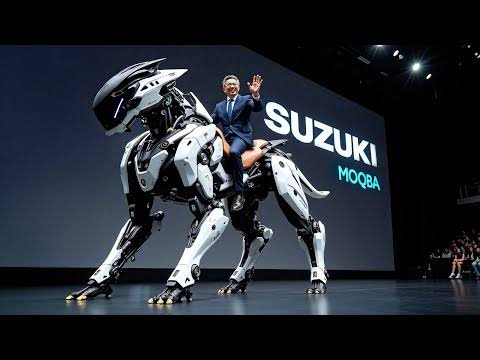 Innovative Tech
Innovative TechMeet the Suzuki Moqba, a four-legged robot that’s shaking up the world of urban mobility. Launched on June 5, 2025, this $3,000 transport robot is built to make city navigation easier, more accessible, and downright exciting for everyone
 Innovative Tech
Innovative TechIn a welcoming development, Aircela, a New York-based startup has revealed a fridge-sized machine that transforms air into clean, engine-ready gasoline. This innovative technology, demonstrated in the heart of Manhattan, offers a practical, fossil-free fuel solution that works seamlessly with the cars and fuel systems we already use.
 Innovative Tech
Innovative TechJapan, a nation prominent for its bold gains in technology and design, is charting a new course with the Ocean Spiral project, a breathtaking underwater city concept crafted by the Shimizu Corporation. This visionary idea brings the ocean’s vast potential to life, blending sustainable living, clean energy, and a harmonious bond with the sea.
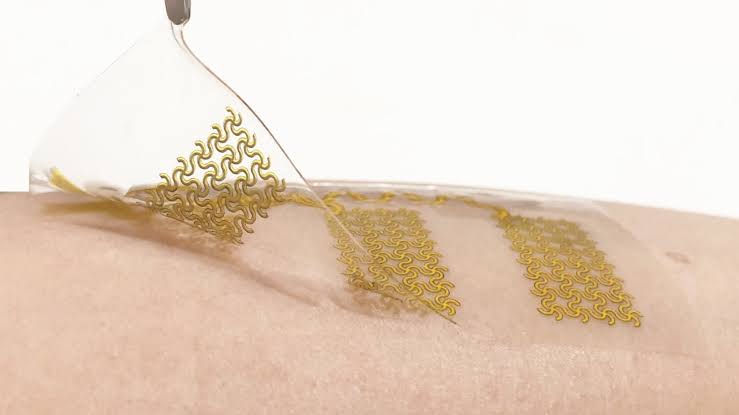 Innovative Tech
Innovative TechScientists in the United States have crafted a smart electronic skin that behaves shockingly like real human tissue. This electronic creation stretches, bends, senses touch and temperature, and most surprising, repairs itself when damaged, all without needing an intervention from the outside. Built with ultra-soft materials and tiny, high-tech sensors, this artificial skin opens exciting doors for robotics, prosthetics, and wearable technology.
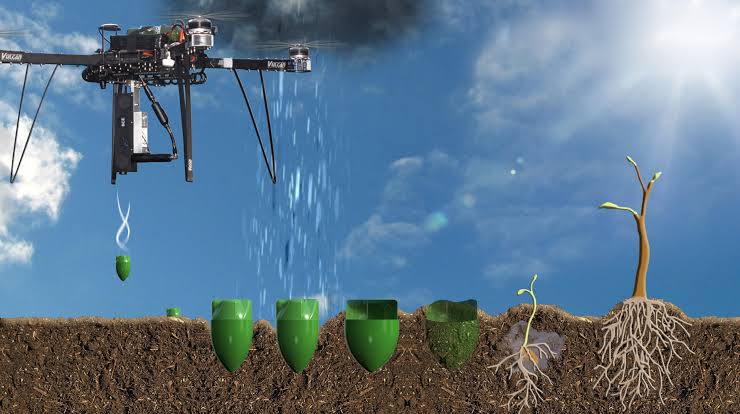 Innovative Tech
Innovative TechJapan has released a groundbreaking solution to heal its scarred landscapes: autonomous, AI-powered drones that replant forests at a staggering speed—ten times faster than human efforts. Developed by ingenious engineers in Kyoto, these drones are transforming the way we restore fire-ravaged and deforested lands, bringing hope to ecosystems in need. With cutting-edge tools like LiDAR, artificial intelligence, and biodegradable seed pods, these drones are not only planting trees but also reviving entire habitats, boosting soil health, and combating climate change
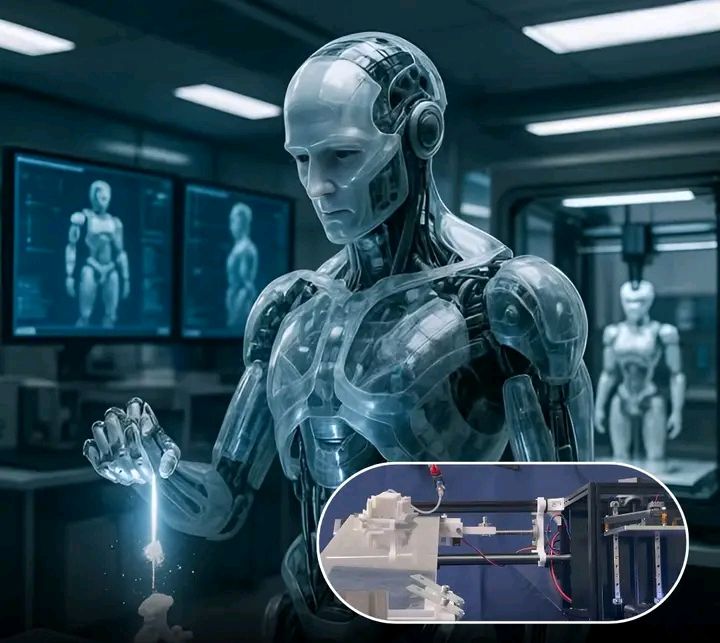 Innovative Tech
Innovative TechGood news! Welcome to a promising new chapter in space exploration. Scientists and engineers are now creating a breed of autonomous robots, born from 3D printers, that can evolve on their own without a helping hand from humans. These clever machines are specifically madefor the wild frontiers of space colonization, ready to tackle the harsh realities of alien worlds like low gravity, intense radiation, and toxic atmospheres.
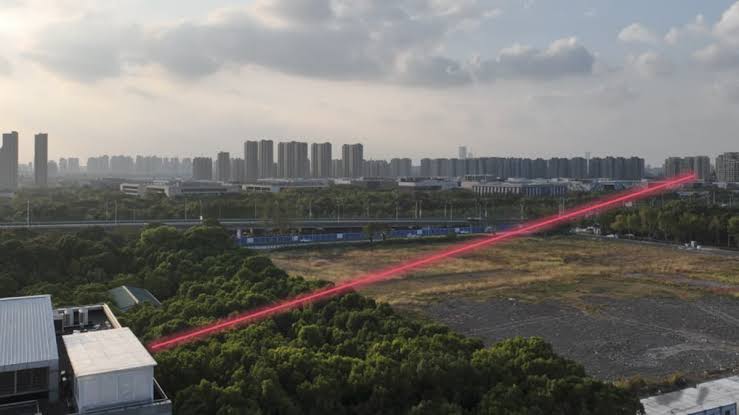 Innovative Tech
Innovative TechTechnology is taking the world by storm by creating highly smart devices to make life stress-free for man. In a shocking leap for science, researchers in China have created a laser-based system that can read super-tiny text, about the size of a sesame seed, from nearly a mile away
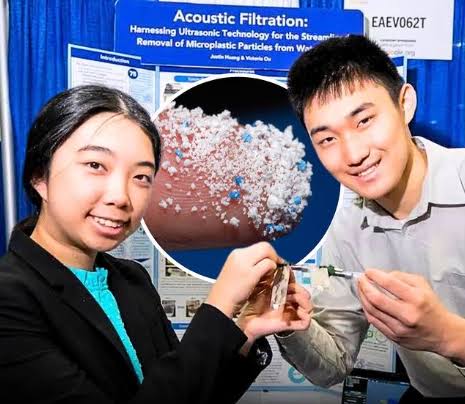 Innovative Tech
Innovative TechIn a world where pollution is increasingly posing a problem to the environment, two high school students from College Park High School, Victoria Ou and Justin Huang, have come up with an innovative remedy to take care of one of the most stubborn problems: microplastics in water. These tiny plastic particles, often smaller than five millimeters, have infiltrated rivers, oceans, and even drinking water, posing risks to wildlife, ecosystems, and human health.
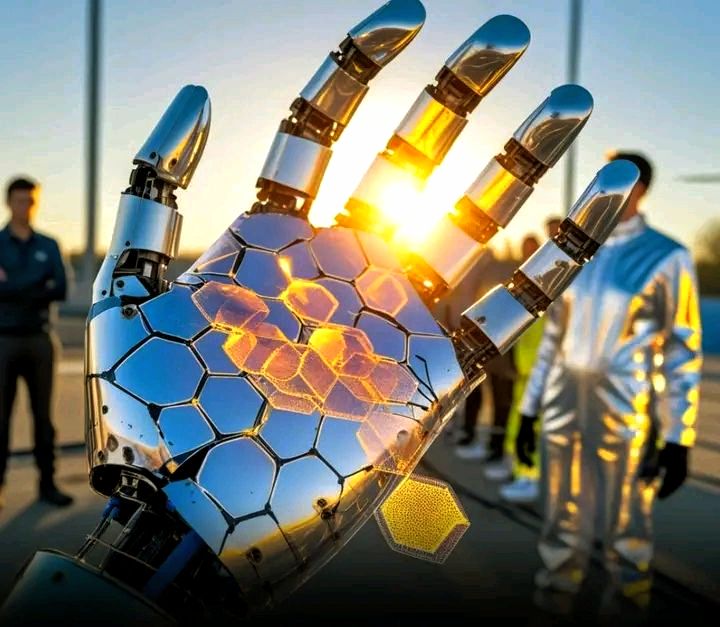 Innovative Tech
Innovative TechIn a daring and innovative move, South Korea has just unveiled a marvel: a flexible, ultra-thin solar skin that bends like fabric, stretches like rubber, and generates its own power from sunlight.
 Innovative Tech
Innovative TechIn Sierra Leone, a young innovator named Oswald Abioseh Dundas has turned this vision into reality with a peculiar energy system that generates electricity from saltwater. His invention is not just a scientific marvel; it’s a ray of hope for sustainable, accessible energy in regions where power shortages are a daily challenge. With the ability to deliver up to 600 hours of uninterrupted electricity, Oswald’s creation is sparking excitement and inspiring change.
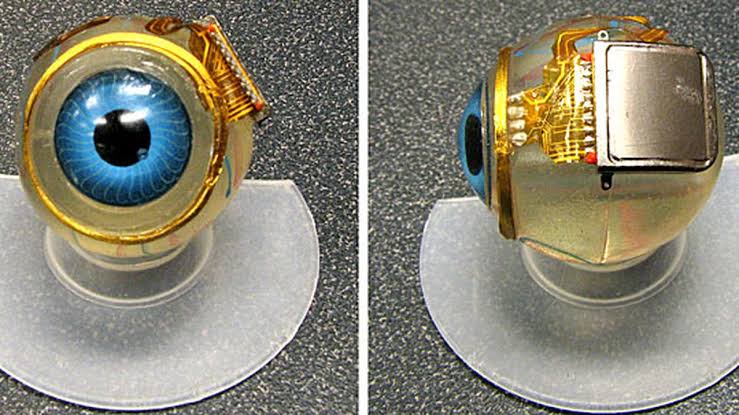 Innovative Tech
Innovative TechIn a remarkable forward progress for medical science, researchers at Monash University in Melbourne, Australia, have created a game-changing device that could transform the lives of those with untreatable blindness. The Gennaris Bionic Vision System, hailed as the world’s first bionic eye, offers a beacon of hope by restoring vision through advanced technology.
